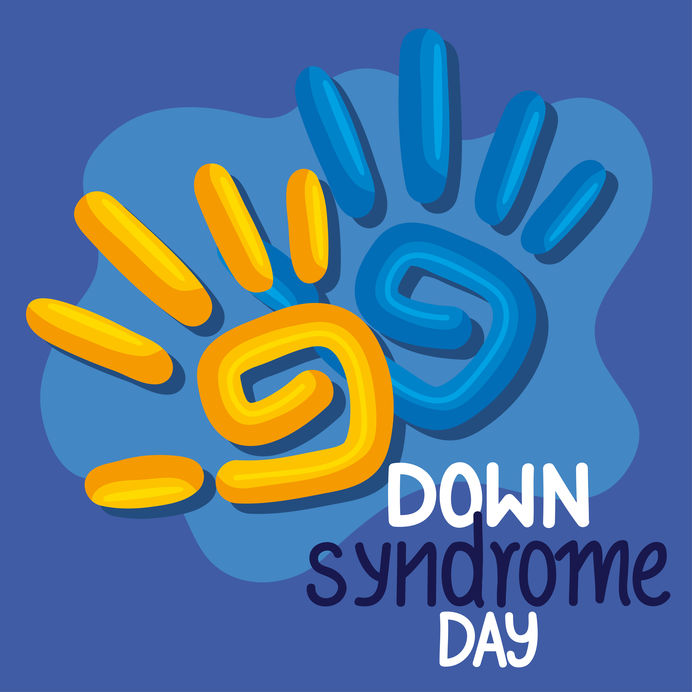
EOC Chairperson calls for supporting people with Down syndrome
The United Nations proclaimed 21 March to be “World Down Syndrome Day” in 2012. This year, the theme of this annual event is “With Us Not For Us”, underscoring that people with Down syndrome have the rights to receive equal treatments and opportunities as others.
EOC Chairperson Mr Ricky CHU Man-kin wrote an opinion piece for HK01 to urge the public to support people with Down syndrome. People with Down syndrome develop more slowly and require more time for adaptation and training in a variety of areas, including bodily function, cognition and language, as Mr Chu noted in the article.
“But with training, they could take care of themselves, interact with others, leave home to work, and live lives akin to those of other people,” he wrote.
Under the Disability Discrimination Ordinance (DDO), a total or partial loss of a person’s mental functions is regarded as a disability. This means those who have Down syndrome are also protected from discrimination, harassment and vilification on the grounds of their disabilities. The DDO covers areas including employment, education, provision of goods, services, and/or facilities, access to premises, and the disposal and/or management of premises.
“In order to provide people with Down syndrome with equal employment opportunities, employers should not discriminate against job applicants and employees with Down syndrome on the grounds of their disabilities. Moreover, reasonable accommodation should be made available for them, such as making adjustments to particular job duties, practices or working environments, to help them develop their potential and excel in the workplace,” Mr Chu wrote.
With an aim to help the public better understand people with intellectual disabilities, the EOC produced a short documentary to show a group of people with mental disabilities learning flower arrangement from a floral instructor. “By understanding and knowing more about them, we can learn more about their potential and advance an inclusive and caring society,” Mr Chu concluded.

